Russians take South Ossetia capital
Russian soldiers have on Saturday pushed Georgian troops out of the South Ossetian capital of Tskhinvali.
Saturday, 09.08.2008.
09:12

Russian soldiers have on Saturday pushed Georgian troops out of the South Ossetian capital of Tskhinvali. At the same time, Moscow has confirmed that Georgian air defenses had downed two of their warplanes, and that the fate of the airmen is being investigated. Russians take South Ossetia capital South Ossetian sources put the number of casualties in the violence so far at 1,400 people. As Russian announced that they had "fully liberated Tskhinvali ", Georgia's President Michael Mikheil Saakashvili confirmed that he had ordered his soldiers to leave the town, "as a first step toward seeking a ceasefire with the Russian forces". Georgian troops invaded the town earlier after heavy artillery fire. Meantime in Tbilisi, the presidential administration building has received evacuation orders, for fears that ongoing Russian airstrikes might also target the Georgian capital. Earlier in the day, Russian jets were carrying out strikes on targets in a central Georgian town, close to the region of South Ossetia. Most of the targets in the town of Gori seem to have been military bases, but Georgian officials said a number of civilians had died, the BBC reported. The Georgian parliament has meanwhile approved a presidential decree declaring a state of war for 15 days. Russian President Dmitry Medvedev said his country was seeking "to force the Georgian side to peace". The comments came after Russian commanders announced they were sending more troops into South Ossetia. They also confirmed two Russian jets had been shot down over Georgia, although they did not say where. After days of exchanging heavy fire with the Russian-backed separatists, Georgian forces launched a surprise attack on Thursday night to regain control of the region, which has had de facto independence since the end of a civil war in 1992. In response, Moscow sent armored units across the border. Russian Foreign Minister Sergei Lavrov said about 1,500 people had been killed so far, including 15 of his country's soldiers. Saakashvili denounced the claims of a high civilian death toll as an "egregious lie". On Friday, he said 30 Georgians had been killed. Saakashvili also said he had decided to declare a "state of war" because Georgia was "under a state of total military aggression by the Russian navy, air force, large-scale ground operations". U.S. President George W Bush said the Russian attacks outside South Ossetia marked a "dangerous escalation in the crisis" and said Georgia's territorial integrity had to be respected. "The attacks are occurring in regions of Georgia far from the zone of conflict in South Ossetia," he said while attending the Olympics. "The violence is endangering regional peace. Civilian lives have been lost and others are endangered." Georgian rocket units attack the South Ossetian capital (FoNet) "Territorial claims" President Dmitry Medvedev said Russia's military aim was to force the Georgians to stop fighting. He was speaking at a meeting on Saturday morning in the Kremlin with Defense Minister Anatoliy Serdyukov and the head of the Russian Armed Forces. "Our peacekeepers and the units attached to them are currently carrying out an operation to force the Georgian side to [agree to] peace," he said. "They also bear the responsibility for protecting the population." Speaking to the BBC, the Russian foreign minister insisted his country did not want all-out war with Georgia, but was prepared to do whatever was necessary to restore the situation in South Ossetia and to defend its civilian population, most of whom have been given Russian citizenship. "Mr. Saakashvili keeps saying that we want to chop off a part of Georgian territory," Lavrov said. "He's also saying that this is not just about Georgia, this is about the future of Europe because he says Russia is also making territorial claims to other claims, including the Baltic States, which is rubbish," he added. Lavrov said Georgia had violated a peace deal under which Georgia had agreed not to use force in the South Ossetia dispute. "We cannot allow the peace agreement just to be violated this way," he added. "Whatever it takes to bring the situation to status quo ante will be done." The BBC in Moscow says diplomatic initiatives to end the fighting have so far proved fruitless. On Friday evening, the UN Security Council failed to agree on the wording of a statement calling for a ceasefire. The UK, the U.S. and France, are pinpointing what they say is Russia's aggression as the key factor in the slide towards war, while Moscow insists Georgia is to blame. President Dmitry Medvedev said Russia's military aim was to force the Georgians to stop fighting. He was speaking at a meeting on Saturday morning in the Kremlin with Defense Minister Anatoliy Serdyukov and the head of the Russian Armed Forces. "Our peacekeepers and the units attached to them are currently carrying out an operation to force the Georgian side to [agree to] peace," he said. "They also bear the responsibility for protecting the population." Speaking to the BBC, the Russian foreign minister insisted his country did not want all-out war with Georgia, but was prepared to do whatever was necessary to restore the situation in South Ossetia and to defend its civilian population, most of whom have been given Russian citizenship. "Mr. Saakashvili keeps saying that we want to chop off a part of Georgian territory," Lavrov said. "He's also saying that this is not just about Georgia, this is about the future of Europe because he says Russia is also making territorial claims to other claims, including the Baltic States, which is rubbish," he added. Lavrov said Georgia had violated a peace deal under which Georgia had agreed not to use force in the South Ossetia dispute. "We cannot allow the peace agreement just to be violated this way," he added. "Whatever it takes to bring the situation to status quo ante will be done." The BBC in Moscow says diplomatic initiatives to end the fighting have so far proved fruitless. On Friday evening, the UN Security Council failed to agree on the wording of a statement calling for a ceasefire. The UK, the U.S. and France, are pinpointing what they say is Russia's aggression as the key factor in the slide towards war, while Moscow insists Georgia is to blame.
Russians take South Ossetia capital
South Ossetian sources put the number of casualties in the violence so far at 1,400 people.As Russian announced that they had "fully liberated Tskhinvali ", Georgia's President Michael Mikheil Saakashvili confirmed that he had ordered his soldiers to leave the town, "as a first step toward seeking a ceasefire with the Russian forces".
Georgian troops invaded the town earlier after heavy artillery fire.
Meantime in Tbilisi, the presidential administration building has received evacuation orders, for fears that ongoing Russian airstrikes might also target the Georgian capital.
Earlier in the day, Russian jets were carrying out strikes on targets in a central Georgian town, close to the region of South Ossetia.
Most of the targets in the town of Gori seem to have been military bases, but Georgian officials said a number of civilians had died, the BBC reported.
The Georgian parliament has meanwhile approved a presidential decree declaring a state of war for 15 days.
Russian President Dmitry Medvedev said his country was seeking "to force the Georgian side to peace".
The comments came after Russian commanders announced they were sending more troops into South Ossetia. They also confirmed two Russian jets had been shot down over Georgia, although they did not say where.
After days of exchanging heavy fire with the Russian-backed separatists, Georgian forces launched a surprise attack on Thursday night to regain control of the region, which has had de facto independence since the end of a civil war in 1992.
In response, Moscow sent armored units across the border. Russian Foreign Minister Sergei Lavrov said about 1,500 people had been killed so far, including 15 of his country's soldiers.
Saakashvili denounced the claims of a high civilian death toll as an "egregious lie". On Friday, he said 30 Georgians had been killed.
Saakashvili also said he had decided to declare a "state of war" because Georgia was "under a state of total military aggression by the Russian navy, air force, large-scale ground operations".
U.S. President George W Bush said the Russian attacks outside South Ossetia marked a "dangerous escalation in the crisis" and said Georgia's territorial integrity had to be respected.
"The attacks are occurring in regions of Georgia far from the zone of conflict in South Ossetia," he said while attending the Olympics.
"The violence is endangering regional peace. Civilian lives have been lost and others are endangered."
"Territorial claims"
President Dmitry Medvedev said Russia's military aim was to force the Georgians to stop fighting. He was speaking at a meeting on Saturday morning in the Kremlin with Defense Minister Anatoliy Serdyukov and the head of the Russian Armed Forces."Our peacekeepers and the units attached to them are currently carrying out an operation to force the Georgian side to [agree to] peace," he said.
"They also bear the responsibility for protecting the population."
Speaking to the BBC, the Russian foreign minister insisted his country did not want all-out war with Georgia, but was prepared to do whatever was necessary to restore the situation in South Ossetia and to defend its civilian population, most of whom have been given Russian citizenship.
"Mr. Saakashvili keeps saying that we want to chop off a part of Georgian territory," Lavrov said.
"He's also saying that this is not just about Georgia, this is about the future of Europe because he says Russia is also making territorial claims to other claims, including the Baltic States, which is rubbish," he added.
Lavrov said Georgia had violated a peace deal under which Georgia had agreed not to use force in the South Ossetia dispute.
"We cannot allow the peace agreement just to be violated this way," he added. "Whatever it takes to bring the situation to status quo ante will be done."
The BBC in Moscow says diplomatic initiatives to end the fighting have so far proved fruitless.
On Friday evening, the UN Security Council failed to agree on the wording of a statement calling for a ceasefire.
The UK, the U.S. and France, are pinpointing what they say is Russia's aggression as the key factor in the slide towards war, while Moscow insists Georgia is to blame.
President Dmitry Medvedev said Russia's military aim was to force the Georgians to stop fighting. He was speaking at a meeting on Saturday morning in the Kremlin with Defense Minister Anatoliy Serdyukov and the head of the Russian Armed Forces.
"Our peacekeepers and the units attached to them are currently carrying out an operation to force the Georgian side to [agree to] peace," he said.
"They also bear the responsibility for protecting the population."
Speaking to the BBC, the Russian foreign minister insisted his country did not want all-out war with Georgia, but was prepared to do whatever was necessary to restore the situation in South Ossetia and to defend its civilian population, most of whom have been given Russian citizenship.
"Mr. Saakashvili keeps saying that we want to chop off a part of Georgian territory," Lavrov said.
"He's also saying that this is not just about Georgia, this is about the future of Europe because he says Russia is also making territorial claims to other claims, including the Baltic States, which is rubbish," he added.
Lavrov said Georgia had violated a peace deal under which Georgia had agreed not to use force in the South Ossetia dispute.
"We cannot allow the peace agreement just to be violated this way," he added. "Whatever it takes to bring the situation to status quo ante will be done."
The BBC in Moscow says diplomatic initiatives to end the fighting have so far proved fruitless.
On Friday evening, the UN Security Council failed to agree on the wording of a statement calling for a ceasefire.
The UK, the U.S. and France, are pinpointing what they say is Russia's aggression as the key factor in the slide towards war, while Moscow insists Georgia is to blame.





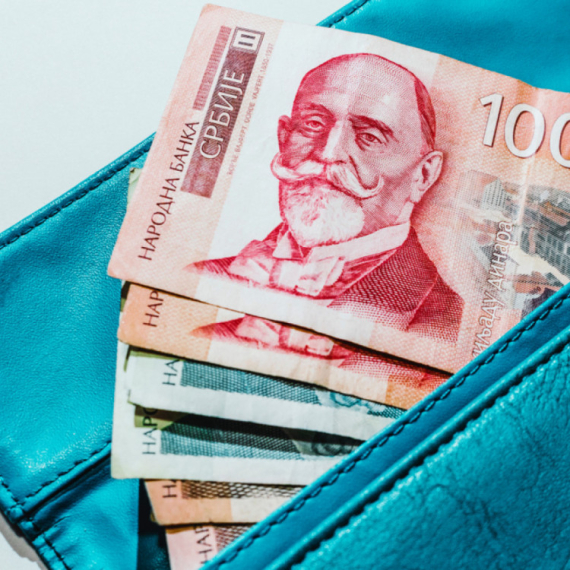




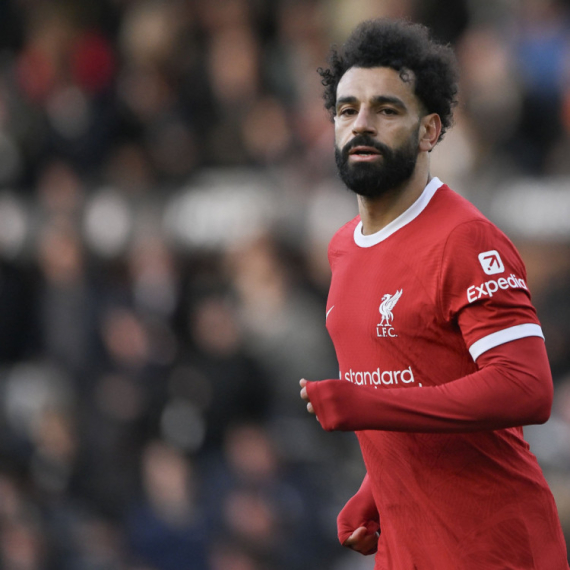

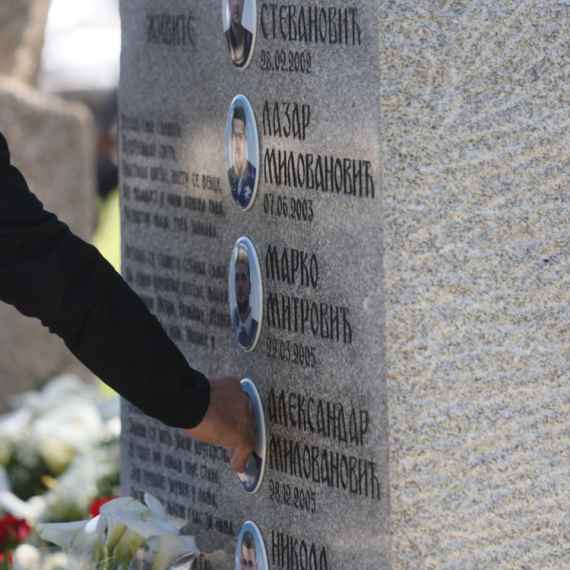
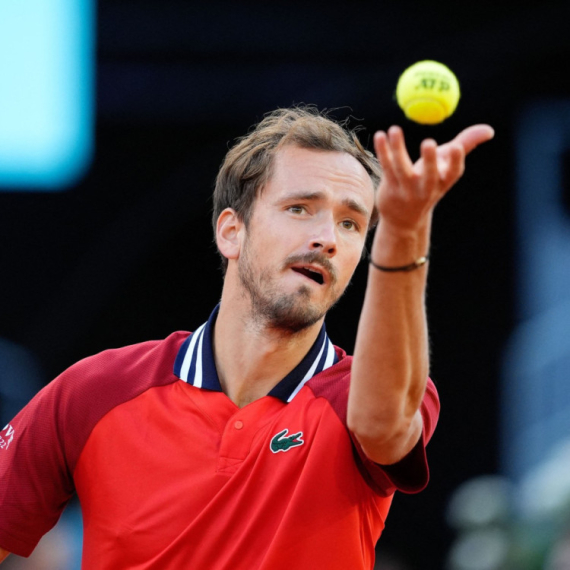
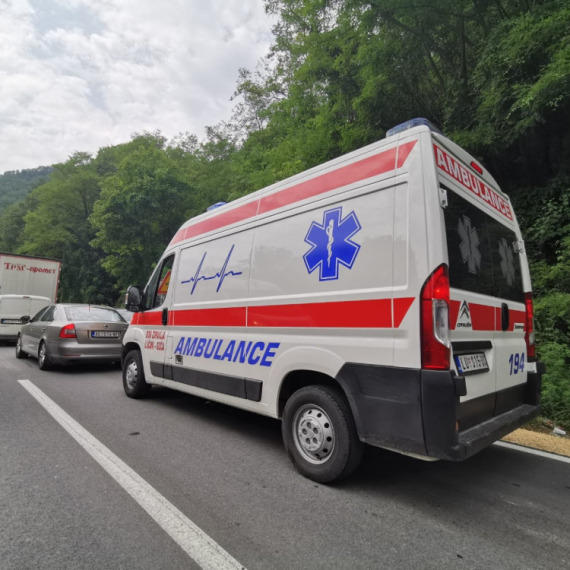
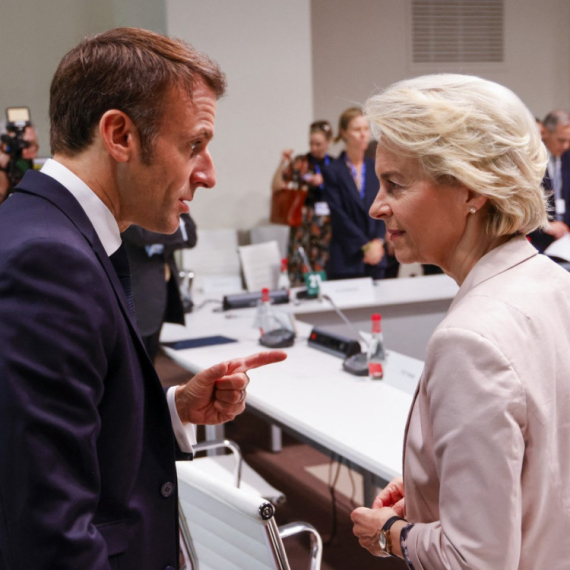

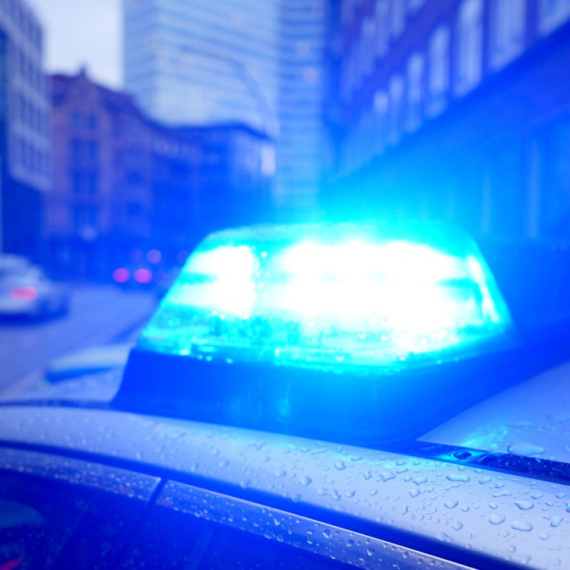
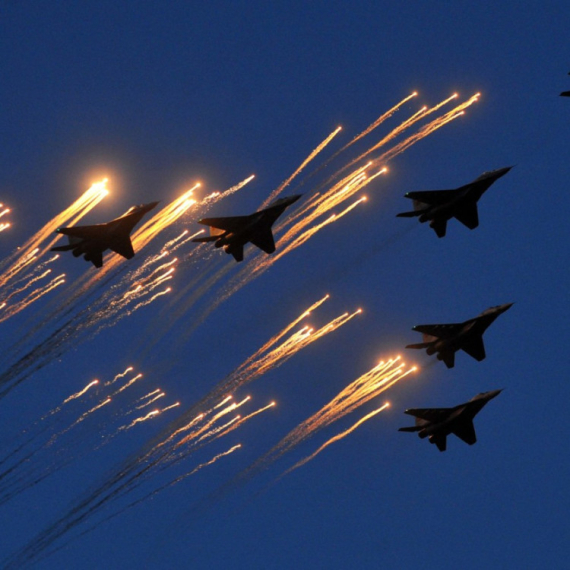
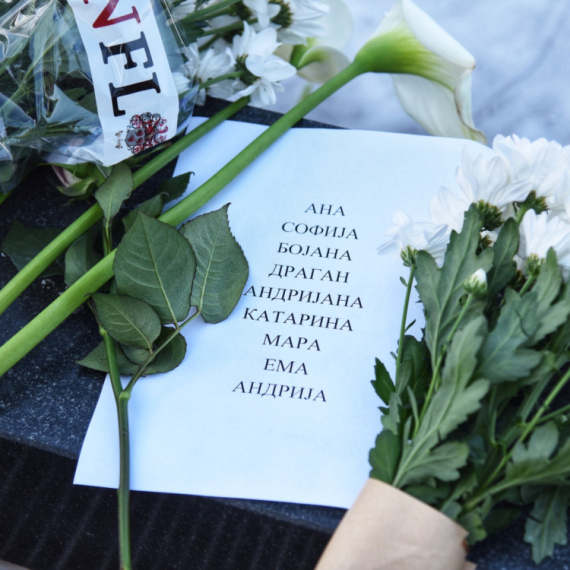

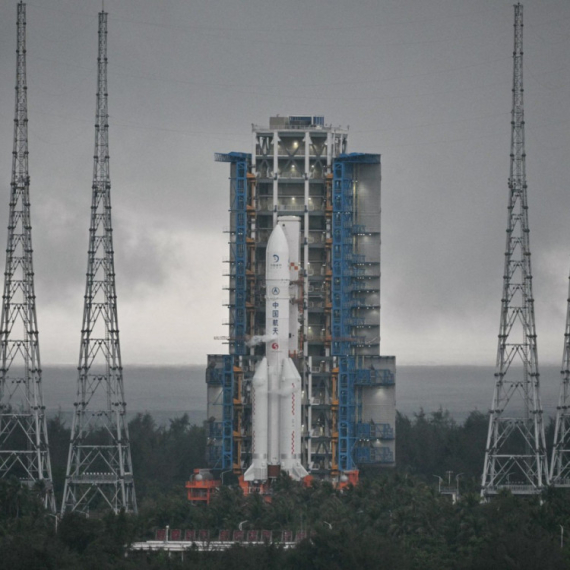
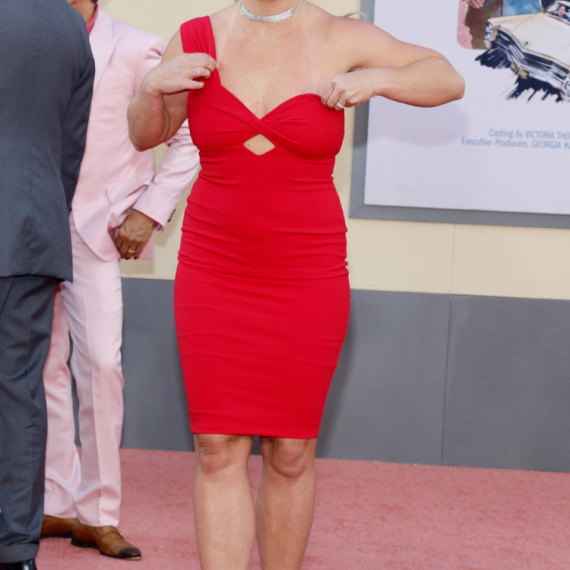
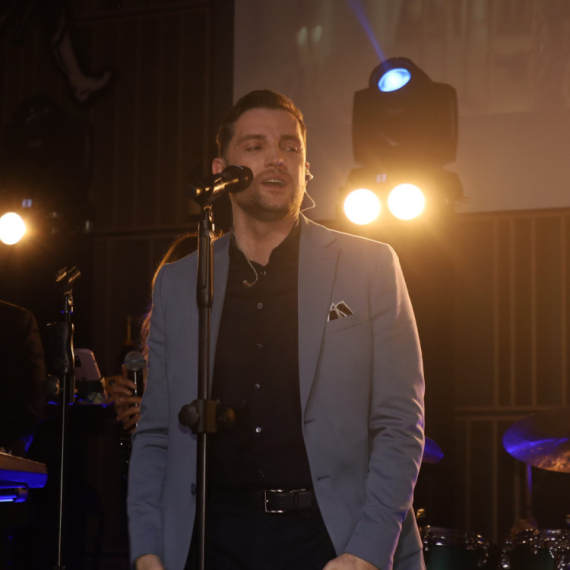







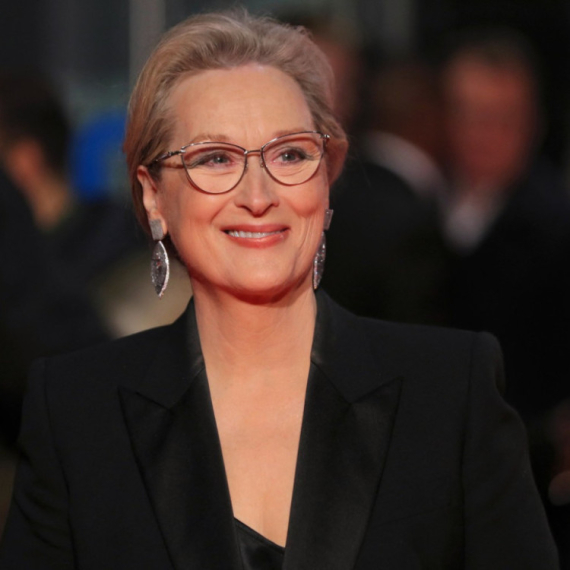
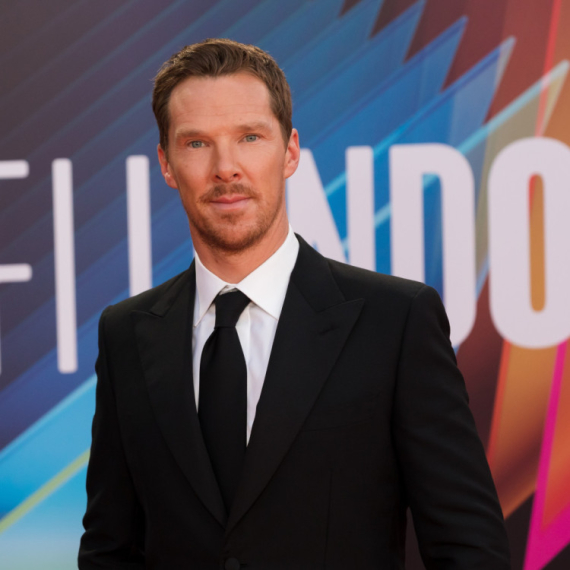
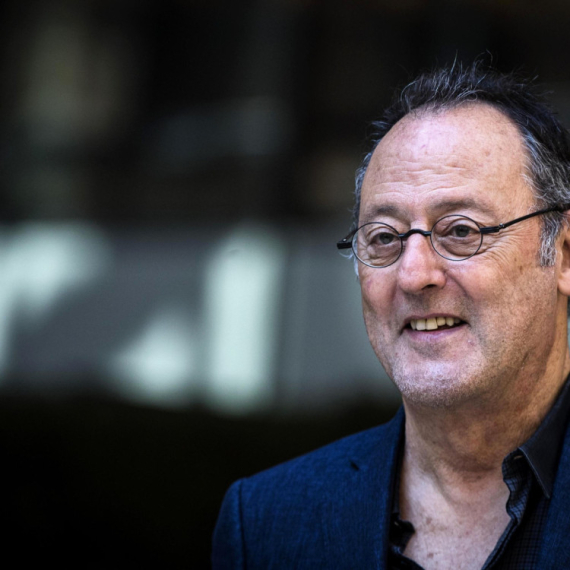















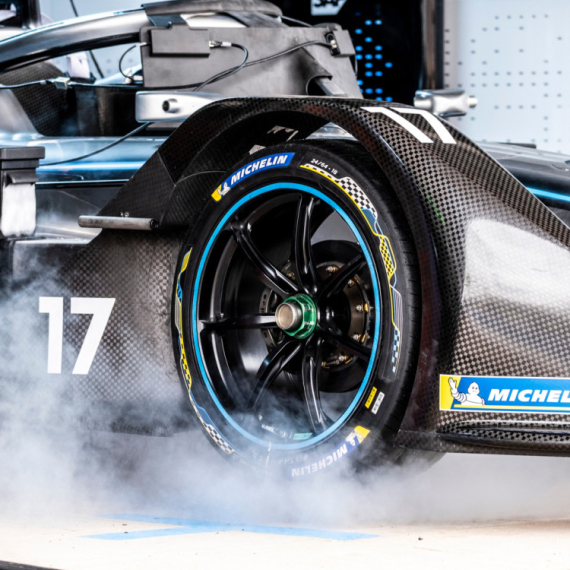




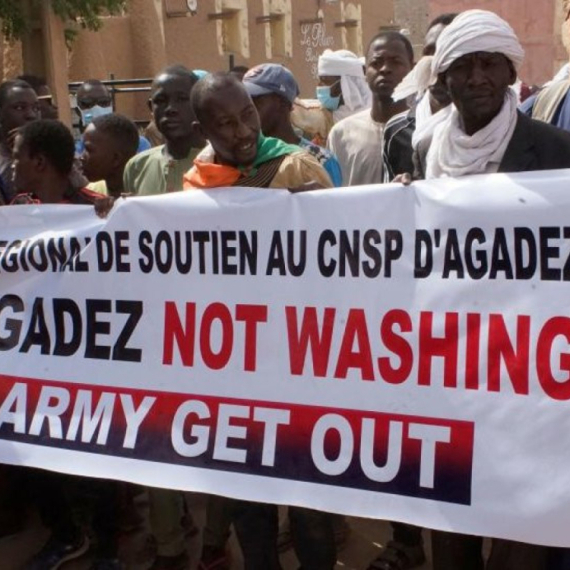
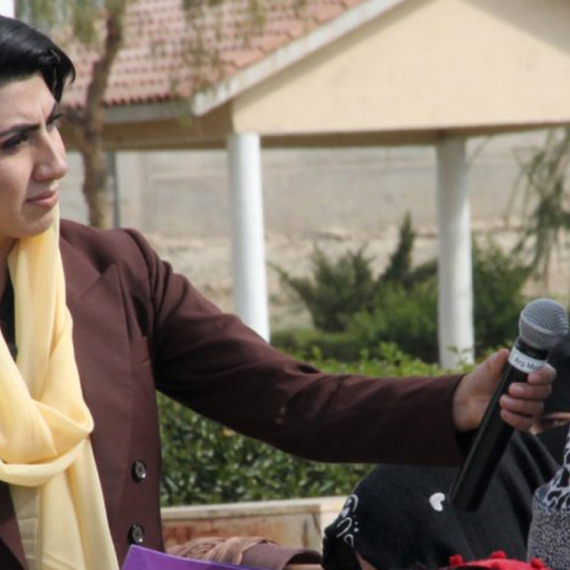
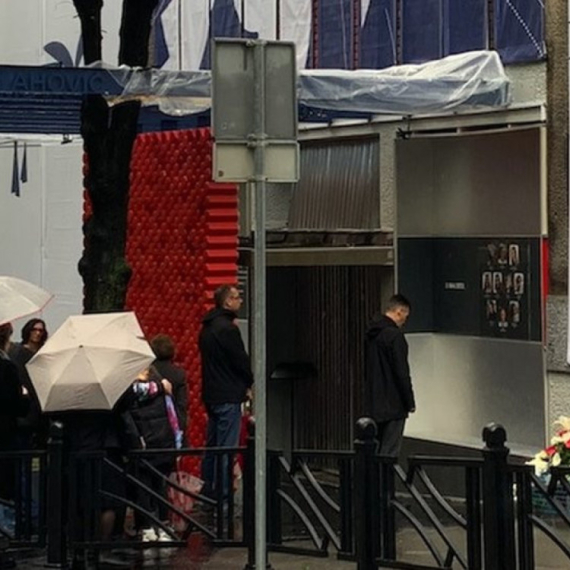
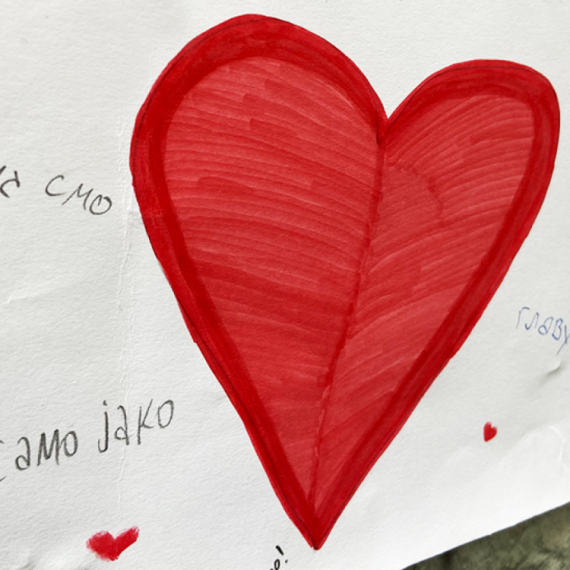


Komentari 60
Pogledaj komentare